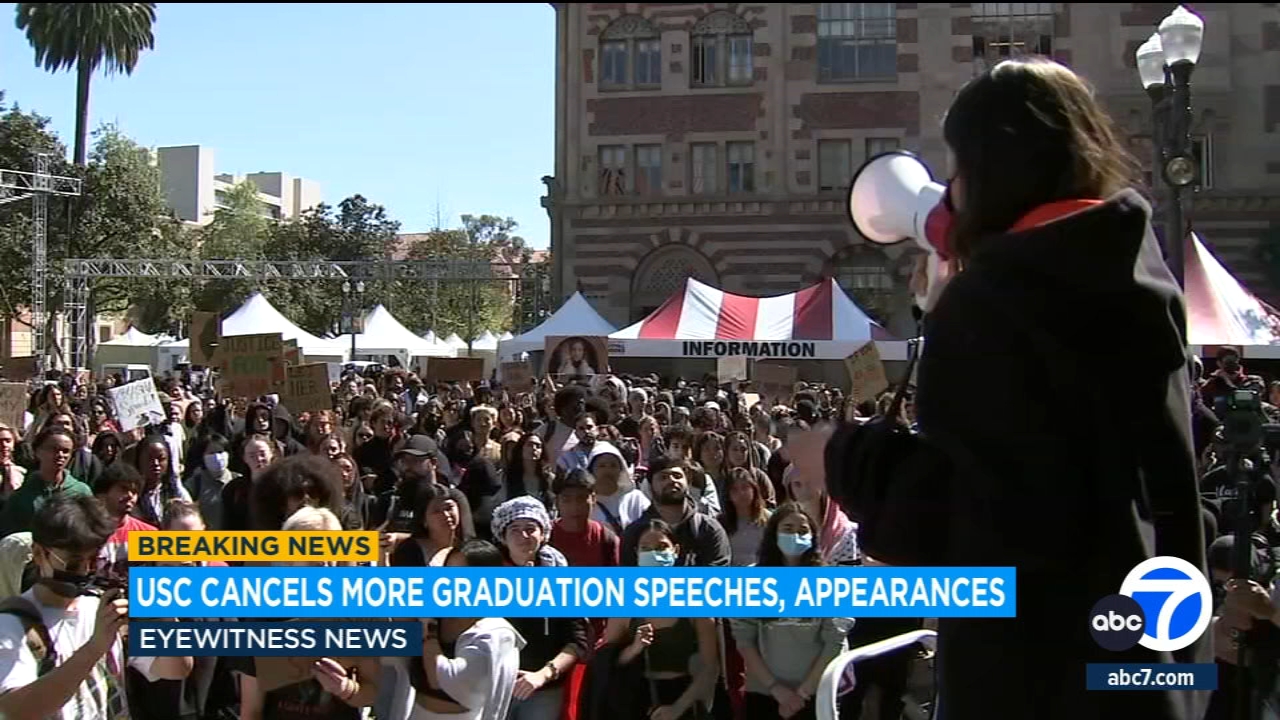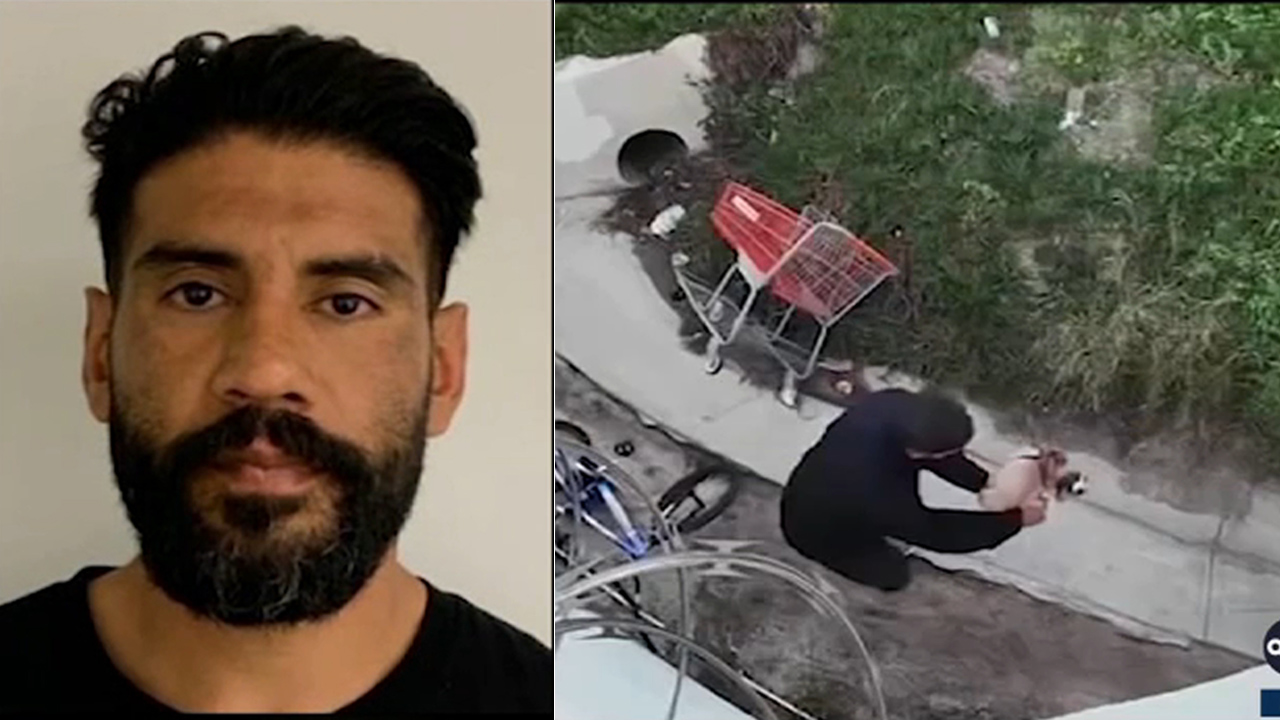Staying at home due to coronavirus made more challenging for those with autism, other special needs

Staying at home during the coronavirus crisis has taken the Asner family on an interesting journey. Especially since three of Matt and Navah's six kids have autism.
"Schedule is the most important thing. So there's security in knowing what you're going to do, when you're gonna do it, and having that security of knowing when that's gonna happen, is everything. So this kind of threw that out the window," said Matt Asner, president and CEO of The Ed Asner Family Center.
MORE: Coronavirus and kids -- At-home educational resources for kids
Their youngest is taking it the hardest with his anxiety shooting through the roof.
"Our youngest, who's 11, he wanted to go to the movies, he wanted to go bowling, he wanted to do this, he wanted to go to a restaurant. And Navah was saying no we can't do that, no we can't do that, no we can't do that. And he finally got so frustrated and fed up, that he said this is all your fault - the COVID-19. He goes, it's your fault," said Asner.
"He goes, mommy why did you create the coronavirus? Mommy, why did you do that?" said Navah Paskowitz-Asner, co-founder and executive eirector of The Ed Asner Family Center.
They say staying at home is hard for anyone, but adding autism to the mix makes it even more difficult. Some deal with severe behavior problems and are away from special educators who normally help them get through the day. Even the lack of socialization can be a problem. That's why the Asners' organization has offered virtual autism-friendly activities on their website, EdAsnerFamilyCenter.org.
MORE: Father brought to tears after son puts masks, gloves on Christmas wishlist

"That was our inspiration to get our programs online because we want to not abandon our community. Our community is us. We are in the trenches with these people and we have three autistic sons, so we know what they're going through," said Paskowitz-Asner.
The color blue is worn at walks, events and activities throughout the year to help raise awareness. But now, in our current situation, they say that awareness is more important than ever.
"On a day like this, on Autism Awareness Day, we all need to be more human, we all need to be more understanding, and we all really need to accept each other and have each other's backs," Asner said. Autism Awareness Day was on Thursday.
"A lot of our kids who can't naturally not touch you, I mean that's just part of their autism. They touch people, they hug people and to have this six feet distance, to us, it's just a given," said Paskowitz-Asner.
The Asners say to look out for people with autism who might need some extra help or time and to be patient. If you have a neighbor who has a child with autism, they urge you to ask what you can do to help and tell them you're there for them.
MORE: Doctor answers commonly Googled questions about coronavirus










